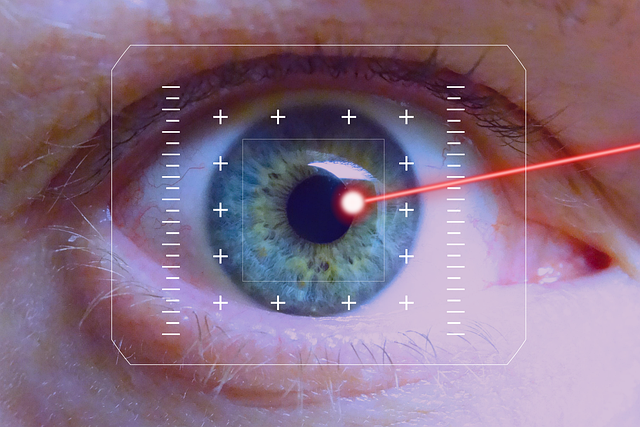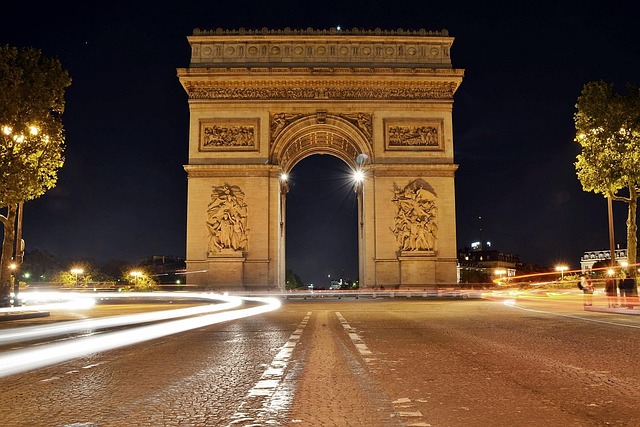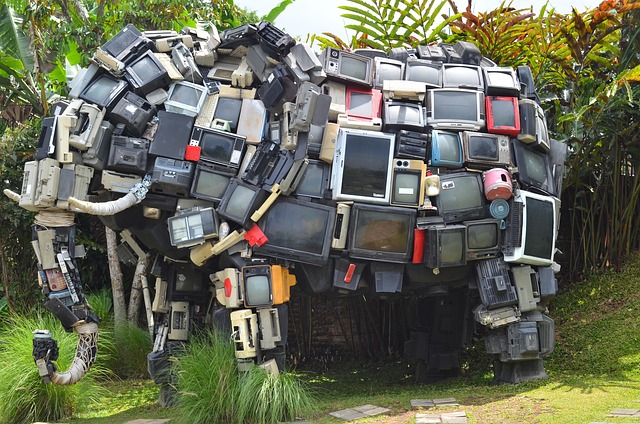When it comes to photography, lighting is one of the most crucial elements determining the quality of an image. Whether you’re shooting landscapes at golden hour or capturing the intricate details of a portrait, the right light can make all the difference. However, the brilliance of lighting doesn’t come from the sun alone; it often starts with a well-structured contract that governs the use of lighting equipment, locations, and permissions.
As a photo enthusiast, understanding the importance of a solid lighting contract can enhance your creativity and confidence while shooting. Imagine having access to high-end lighting setups specifically designed for capturing your vision. A contract ensures that both sides—photographers and equipment providers—know their responsibilities and rights, allowing for a smoother creative process.
Good lighting can elevate an ordinary photograph into a breathtaking masterpiece. That’s why having the right tools at your disposal is essential. Think about your favorite camera; it’s wonderful in producing clear images, but without the proper optics and lighting conditions, its potential can go untapped. This is where a lighting contract comes into play. By securing a contract that details your lighting needs, you ensure that professional-grade equipment is available when you need it, maximizing the creative possibilities of your camera.
Moreover, contracts can protect your artistic vision. Have you ever been frustrated because a location didn’t have adequate lighting? Or worse, have you shown up to a shoot only to find the setup was entirely different from what you had understood? A well-defined contract mitigates these issues by providing clarity regarding lighting arrangements, setup times, and responsibilities during the shoot, allowing you to focus solely on your photography.
Let’s also not forget about the types of lighting you might want to contract for. Natural light can be beautifully unpredictable, but if you’re after something specific—a soft shadow or a harsh highlight—you might consider hot lights, strobes, or reflectors that can manipulate light according to your artistic needs. Communicating these needs in your contract ensures that both you and the lighting technician are on the same page.
When approaching a lighting contract, keep in mind your distinct style as a photographer. Are you drawn to the dramatic use of shadows, or do you prefer a soft, diffused light that flatters your subjects? By clearly stating your preferences in the contract, you ensure that every light you use complements your creative vision, delivering results that resonate with your audience.
In the end, whether you’re a seasoned pro or a budding enthusiast, your photography journey is marked by the light you choose to work with. Contracts may seem like just paperwork, but when it comes down to crafting images filled with emotion and depth, they form the backbone of your creative endeavors. Embrace the power of a good lighting contract and let your photography shine through!




